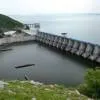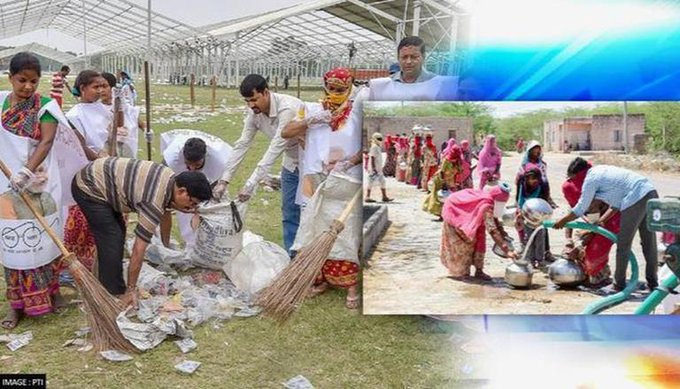
SBM (U) 2.0, AMRUT 2.0 to make cities garbage-free and water-secure
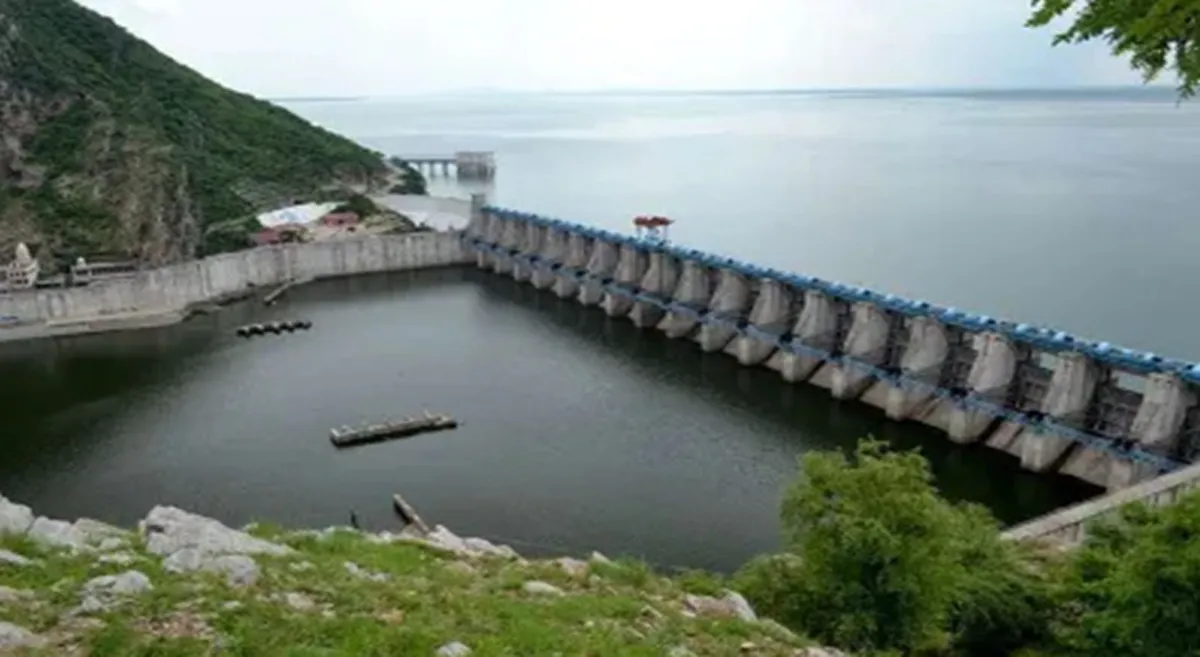
Infrastructure Opportunity Outlook by IMPACCT.Info
India’s infrastructure pipeline is witnessing dynamic activity across stages — from immediate bidding to future planning. IMPACCT segments these into three categories: Immediate, 3–6 Month, and Future Opportunities, enabling businesses to identify, prepare, and participate in high-value tenders and projects across sectors...To read the full article Click Here..
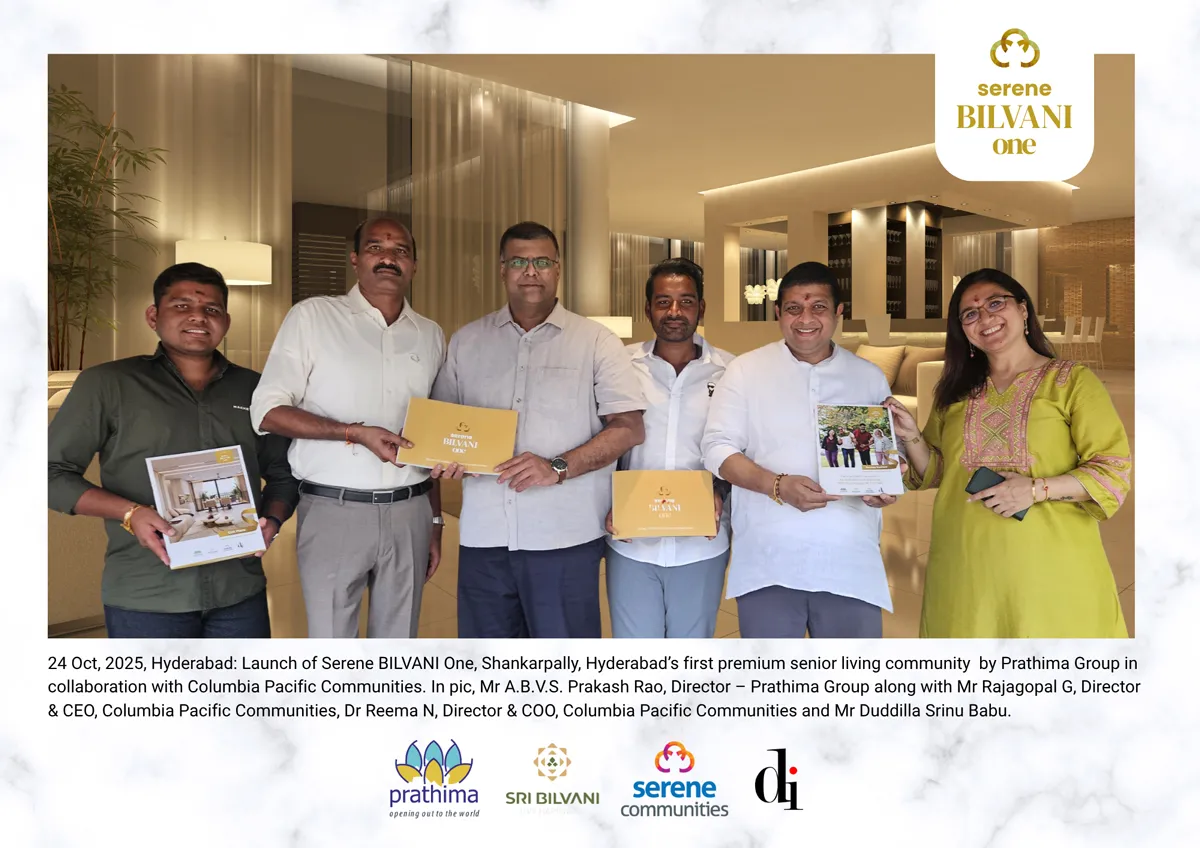
Serene Communities, Prathima Group Invest Rs 4 billion in Hyderabad
Serene Communities by Columbia Pacific, India’s largest senior living operator, has partnered with Prathima Group to develop two senior living projects in Hyderabad, marking its entry into Telangana. The collaboration represents an investment of Rs 4 billion, combining Serene’s international expertise with Prathima’s local development experience. The first project, Serene BILVANI One, launched in Shankarpally, is Hyderabad’s first premium senior living community. Designed for independent and active ageing, it features senior-friendly architecture, barrier-free design, and wellness..
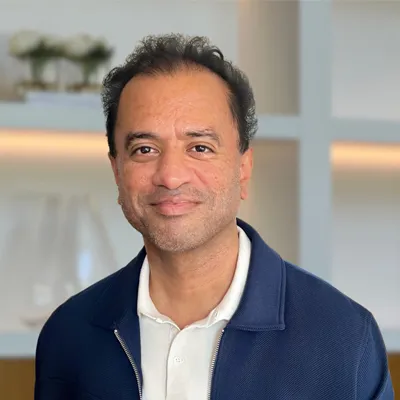
India remains our most important market
Foundamental, the world’s leading venture capital platform focused on the project economy, has launched its third fund to strengthen its presence in India, APAC, and other global markets. Led by Berlin-based Managing Partners Shubhankar Bhattacharya and Patric Hellermann, Fund III aims for a final close by the end of 2025. In an exclusive interaction with CW, Bhattacharya shares insights on the fund’s mandate, India’s role in their strategy, and the opportunities they see in the construction-tech and project-based sectors. Can you briefly explain Fund III’s mandate and how In..




